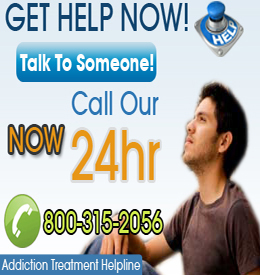Xanax is a benzodiazepine. It slows down the central nervous system. It is generally prescribed to individuals who suffer from anxiety disorders, panic attacks and stress. It is also addictive.
What is A Xanax Addiction?
A person can quite easily develop an addiction to Xanax largely because it is very relaxing and can help decrease nervousness.
Signs Of A Xanax Addiction
The signs of a Xanax addiction include a person being preoccupied with taking the drug, often scheduling their life around when they are able to use it. They may go doctor shopping which simply means to visit doctor after doctor in hopes of getting multiple prescriptions. They may go through their prescriptions very fast, may accidentally lose their prescriptions or the actual pills. A person may also experience financial problems because they are purchasing Xanax often times illegally from drug dealers or healthcare workers who were willing to sell the drugs to users.
Causes Of Xanax Addiction
A person may develop a tolerance and then an addiction to Xanax after being prescribed it from their doctor. Overtime, they may find themselves psychologically and physically dependent on it and find it hard for them to stop.
Effects of Long term and Chronic Xanax Use: A person who uses Xanax for a long time is at risk of developing an addiction to it and also overdosing.
Complications
Overdose and subsequent death is a possible complication of Xanax abuse. A tolerance and then addiction might also develop.
Treatment and Support
It is very important that those persons dependent on Xanax do not stop 'cold turkey'. This can be very dangerous and even fatal. A person may develop seizures. They may also experience dizziness, headache, vomiting, insomnia, tiredness, distress have bad dreams and even tremors. It is best to work with a professional experienced, drug rehabilitation or detox program in order to safely stop using Xanax .
After Rehab
After a person has gone through rehabilitation, it is a good idea for them to have some type of follow up care. This will decrease the likelihood that a person starts using again right away and hopefully provides them with further tools to stay clean. Counseling, may be in order to uncover why a person became dependent on the drug in the first place. Outpatient treatment which may involve some type of therapy is a great way to get further support. This may be necessary to help an individual stay clean.
















